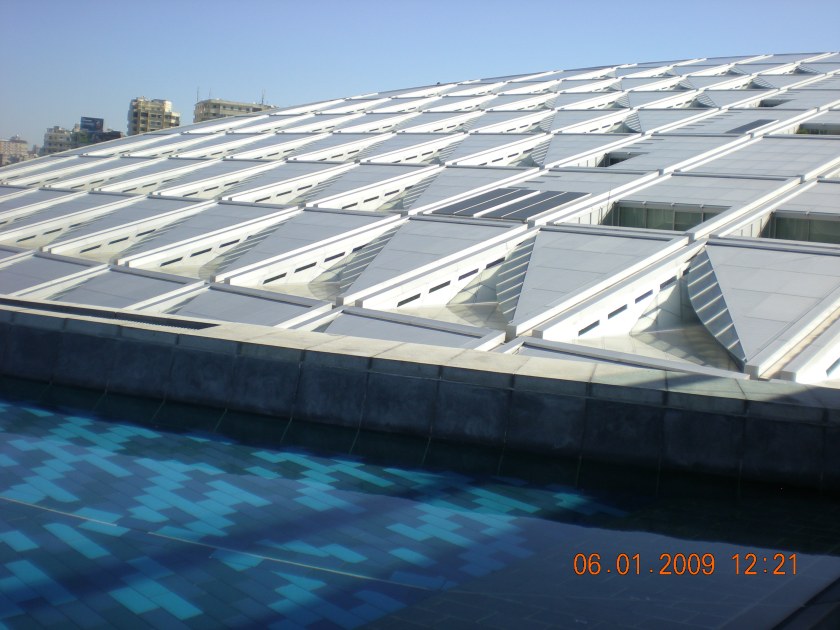The Roman family has been the focus of many studies in the recent decades, and BrynMawr Reviews presents now a review of a collection of articles published in 2005. This book contains also an article on Egypt and one on ancient Palestinian family structures (you can see its List of Contents here):
Michele George (ed.), The Roman Family in the Empire. Rome, Italy, and
Beyond. Oxford: Oxford University Press, 2005. Pp. 384. ISBN
0-19-926841-X. $125.00.
Here are some excerpts of the review concerning Egypt and Palestine:
“Richard Alston’s contribution (pp. 129-157) on the Egyptian family, by
evaluating a vast array of sources (census returns, archives and
private letters of the first three centuries AD) arrives at the
conclusion that it is not possible to sketch a homogeneous family
structure for Roman Egypt. Altson discusses endogamous marriage in
Egypt as a degree of insecurity felt by family members in respect to a
harsher outside world. Although families appear to have had a fairly
tight-knit centre “often concentrating on a single conjugal
relationship” they could extend to include others that were not kin for
social and economic purposes. In some cases the author underlines that
family was so extended as to dissolve into community (an aspect
particularly shown by the letters).”
“The Jewish family in Judea from Pompey to Hadrian is analyzed by
Margaret Williams (pp. 159-182). Romanization, according to the author,
was mainly restricted to the elites who had the wealth to buy the Roman
status symbols, and–as far as regulation was concerned–it took place
in areas where the Thora was unprescriptive as in the fields of
marriage arrangements and burial. Without doubt Romanization brought
changes but they were superficial as the onomastic data would prove.
Williams argues that “it would not have cost non-elite Jews anything to
give their children Roman names,” therefore if they chose not to,
preferring the names used by the Maccabees and the Hasmonean dynasty,
it is evidence of their intention of maintaining a cultural identity
but also of their political attitude towards Rome.”

 Just a few highlights from my trip to Alexandria, Egypt, in the beginning of January. Looking across the harbour you can see the Library. Due to its low profile you can hardly see it in this picture, but it has a wonderful location close to the shore.
Just a few highlights from my trip to Alexandria, Egypt, in the beginning of January. Looking across the harbour you can see the Library. Due to its low profile you can hardly see it in this picture, but it has a wonderful location close to the shore. Looking across the harbour, to the place where the old famous Lighthouse is supposed to have been located.
Looking across the harbour, to the place where the old famous Lighthouse is supposed to have been located. Alexandria is known forits fish and fishing ‘industry’; here are some fisher men mending their nets. Alexandria accordingly also have several fish restaurants, and we tried one, and had an excellent dinner. But don’t ask me the name of the fish.
Alexandria is known forits fish and fishing ‘industry’; here are some fisher men mending their nets. Alexandria accordingly also have several fish restaurants, and we tried one, and had an excellent dinner. But don’t ask me the name of the fish. I couldn’t stand the temptation to post this picture; remove the cars, and you can hardly tell what century it pictures. This great mosque was close to the beach, and to the reataurant where we had our dinner.
I couldn’t stand the temptation to post this picture; remove the cars, and you can hardly tell what century it pictures. This great mosque was close to the beach, and to the reataurant where we had our dinner.


